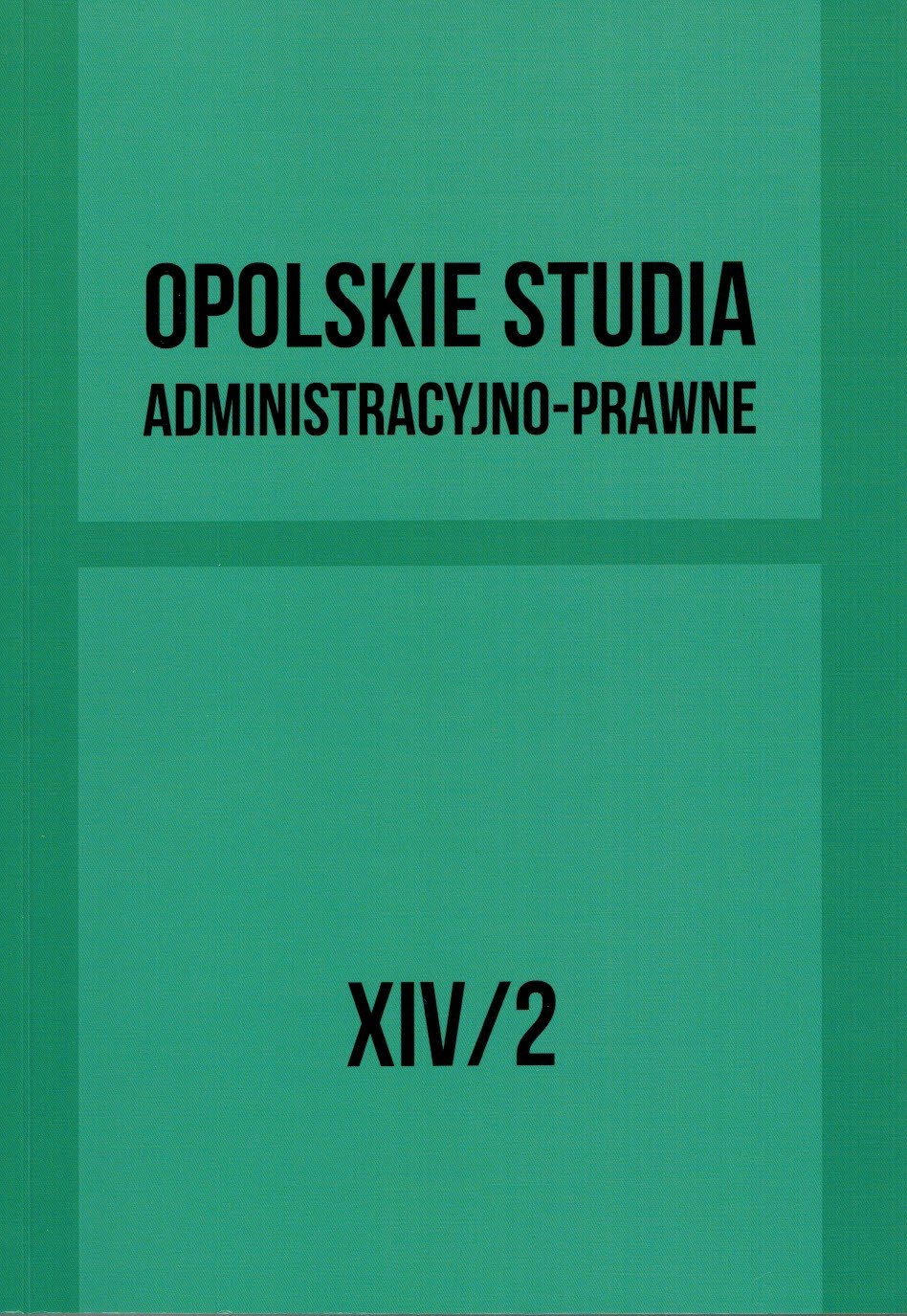Od przypadku do przypadku – czyli o casus na gruncie rzymskiego prawa karnego oraz pism retorycznych Cycerona-
Case by case – about a casus in Roman criminal lawand Cicero’s rhetoric writings
Author(s): Przemysław KubiakSubject(s): Law, Constitution, Jurisprudence, History of Law, Criminal Law
Published by: Uniwersytet Opolski
Keywords: accident; unintentional guilt; unintentional homicide; exculpating circumstances; Roman rhetoric; Cicero
Summary/Abstract: The opinion that Roman jurists were giants in the field of private law and dwarfs in criminal law is nowadays a little bit out of date. However, upon a closer analysis of the use of the term ‘accident’ (casus), such a statement seems to be justified. Casus for Roman jurists was not only, as in the sphere of private law, a pure random fact, but also a culpable human act. It is not hard to guess that their writings and opinions were inconsistent in that field and sometimes suggested quite surprising legal classifications of deeds committed in such a way. In order to understand this paradox it might be helpful to take a closer look at historical regulations of crimes committed unintentionally, including above all homicide, but also rhetorical sources, especially works of Cicero. His writings were a canon for learning rhetoric in later times, as well as inspiration for next generations of Roman jurists. His remarks and specific character of the metaphorical phrase si telum manu fugit quam iecit, constituting a kind of definitional topos of crimes committed unintentionally, can lift the veil of secrecy and enable penetration of Roman jurists’ philosophy of life and their intellectual formation.
Journal: Opolskie Studia Administracyjno-Prawne
- Issue Year: XIV/2016
- Issue No: 2
- Page Range: 57-78
- Page Count: 22
- Language: Polish

